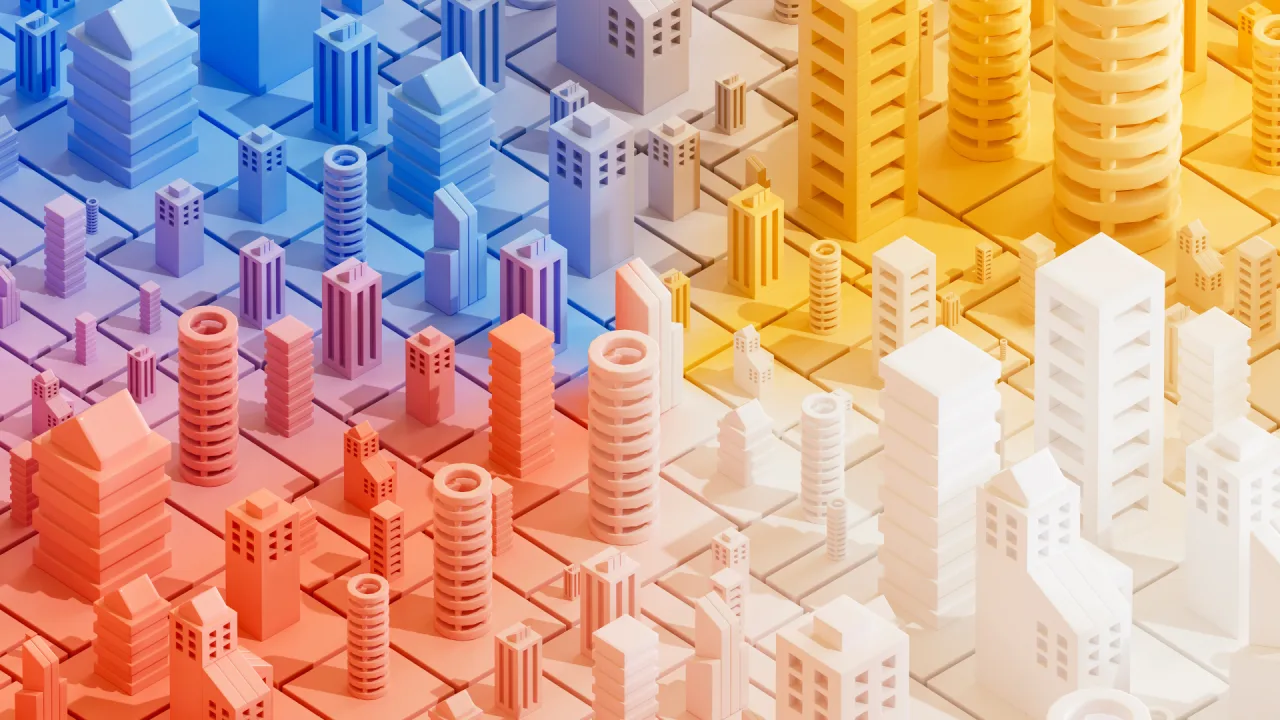
When people think about artificial intelligence, they often look at smooth startup or futuristic laboratories. But what is happening when you respond to a company that has been updated for more than 100 years?
Unilever is one of the world’s largest consumer goods company, which is used by 3.4 billion people every day, pigeons, Hellmann and Vaseline, products used every day. And it has a deep and developing commitment to science behind everyday items.
At the beginning of the 20th century, soap and margarine today, continuous packaging and individual skin care, research and development (R & D) have always been a progress engine. But now the engine is changed by AI.
AI is not just a new tool in our lab, but a new way of thinking. This game is changing for a company with valuable scientific information of a century.
The AI resets each industry, but the most successful companies, learn, learn and know how to know and build them. If many MIRAS is modernizing how to modernize the AI, however, the real opportunity joined institutional memory, decades, the development of products and consumer consumer concepts that can be used frequently. To do this, a culture is required in deep domain experience, solid data management and inheritance. When these elements are compatible, AI can be a catalyst for the transformation of previously the full potential of previously coming.
Unilever was born during the Victoria created by industry and scientific revolutions. We have developed by responding to cultural turns for decades; From the transformation of domestic life in the middle of 20th Today’s expectations to increase the continuous sustainability of the health, beauty and well-being of the century today. When new materials in the formica and stainless steel centuries in the cuisine, our scientists have prepared a product that fits these surfaces. It was not only chemistry, it was a scientific response to the changing lifestyle.
The same thought-science-science-science in real life is still handling us today. But the questions we ask were more complicated: How do we support the natural microbiom of the skin? How do we clean the houses without breaking the ecosystems living on our surfaces? How do we design both effective and persistent products? These are not simple problems and require new ways to science. This is where the AI is included.
We can open the examples that have been to hundreds of years to reveal human researchers with the learning of machinery. We use AI to understand how the germs are interrelated with our products and how the skin responds to environmental stresses and how different needs and regions can personalize.
But what makes your approach to be unique here – we do not start from scratch. Like many Heritage companies, our R & D archives are more than 100 years. Each compile, each test and the notes of every consumer concept. This historical depth provides an incredibly rare thing to our AI models: context. When many companies begin to build data sets, companies established as us are a careful foundation for generations.
Our scientists can once deleted, and the teams can be scattered or opened in the archive. Skin care experience is ready to be a century structure, wanted and applied. We use AI to combine points, discovered in new materials, as different skin types, as well as special needs. We help compile and discover from research and discovering and discover and provide a more accurate response to the world’s needs in a single, integrated process.
This is not to replace scientists with algorithms. On the creation of the conditions that human talent can develop. Agentic AI systems allow our team to ask better questions, explore more opportunities and unlock concepts from our data. Strengthens human creations and empathy, enriching it, not to focus on what our scientists do: imagine, practice and design products that meet real human needs.
Why should this issue be for everyone outside the unilever?
Because when inherit learning, it shows what is possible. At a time when each industry is reconstructed, the developing companies will not only be the newest or highest level, they will be able to adapt, know how to learn how to learn how to learn and already know.
AI rewards the maturity of data. Rewarded with interest. And this technology is not as a threat to tradition, but rewards companies that evaluate it as a way to see it again.
We do not have all the answers. But we learned that we are not interested in “not everyone”, but not everyone, but a member of a century. Help us to be interested in a scale.
We believe that the next 100-year innovation will be managed by companies covering the partnership between the AI and the agent of the AI: hybrid systems that increase creativity, empathy and scientific intuition. It’s not just a story about technology. With a little help of artificial intelligence, it is a constant story of inheritance, learning and sustainable science to form only one thing every day.
Alberto Prado is a global head digital and partnership in Unilever.
